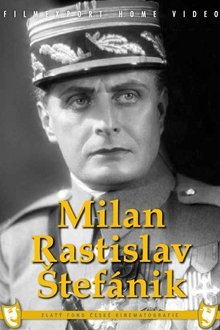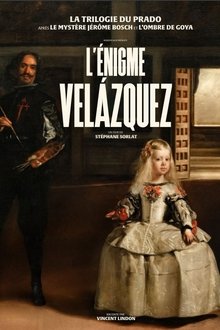An account of the life and work of the Polish writer Stanisław Lem (1921-2006), a key figure in science fiction literature involved in mysteries and paradoxes that need to be enlightened.
Related Movies

The Messenger: The Story of Joan of Arc (1999)
In 1429, a French teenager stood before her King with a message she claimed came from God; that she would defeat the world's greatest army and liberate her country from its political and religious turmoil. As she reclaims God's diminished kingdom, this courageous young woman has various amazing victories until her violent and untimely death.
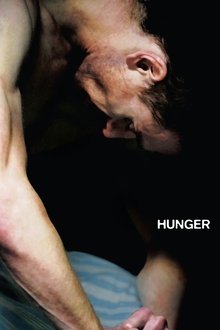
Hunger (2008)
The story of Bobby Sands, the IRA member who led the 1981 hunger strike during The Troubles in which Irish Republican prisoners tried to win political status.
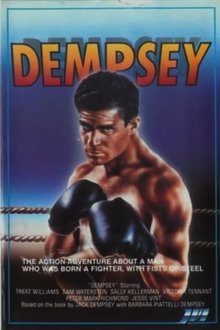
Dempsey (1983)
Nominated for two primetime Emmy Awards in 1984, this made-for-TV movie follows the true story of American boxer Jack Dempsey, who became a media sensation in the 1920s as the world heavyweight champion. Based upon the book by Jack Dempsey and Barbara Piatelli Dempsey.

Yintah (2024)
Wet’suwet’en leaders unite in a battle against the Canadian government, corporations, and militarized law enforcement to safeguard their territory from gas and oil pipelines.

Martha Graham: The Dancer Revealed (1994)
Released on DVD as part of The Criterion Collection's "Martha Graham: Dance on Film" collection.
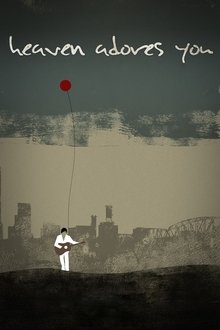
Heaven Adores You (2014)
Heaven Adores You is an intimate, meditative inquiry into the life and music of Elliott Smith. By threading the music of Elliott Smith through the dense, yet often isolating landscapes of the three major cities he lived in -- Portland, New York City, Los Angeles -- Heaven Adores You presents a visual journey and an earnest review of the singer's prolific songwriting and the impact it continues to have on fans, friends, and fellow musicians.
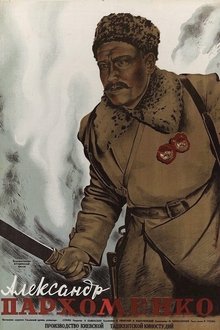
Aleksandr Parkhomenko (1942)
About the life and heroic death of the old Bolshevik-Lugansk resident, participant in the civil war, Aleksandr Yakovlevich Parkhomenko. In 1918, capturing Ukraine, the German occupiers sought to use the Haidamaks, the White Guards and the Greens in their struggle. By order of Voroshilov, Aleksandr Parkhomenko from Lugansk arrives in Tsaritsyn. At the same time, the Germans launched an active offensive. The "red" battalions are poorly armed, however, Parkhomenko manages to raise them to the attack and put the enemy to flight.

The Gruffalo and Me: The Remarkable Julia Donaldson (2020)
The programme offers unique access to Julia Donaldson, her family, her rich archives and home movies, and the remarkable cast of characters that have sprung from her imagination. Specially commissioned animations from Julia's long-term illustrator Axel Scheffler bring her biography to life. With contributions from well-known admirers and collaborators, this is a tribute to the woman who has created the characters and stories that have become a fixture of children’s bedtime routines all around the world and spawned multi-award-winning adaptations for stage and screen. Looking at her works, the programme uncovers the surprising stories behind how Julia's iconic characters were created and what they mean to a generation of readers. It also explores why Donaldson’s books appeal to both children and adults alike – tackling serious themes of love, loss, fear and bullying in a poignant but subtle way.
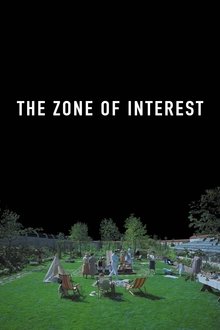
The Zone of Interest (2023)
The commandant of Auschwitz, Rudolf Höss, and his wife Hedwig, strive to build a dream life for their family in a house and garden next to the camp.

Altman (2014)
Robert Altman's life and career contained multitudes. This father of American independent cinema left an indelible mark, not merely on the evolution of his art form, but also on the western zeitgeist. With its use of rare interviews, representative film clips, archival images, and musings from his family and most recognizable collaborators, Altman is a dynamic and heartfelt mediation on an artist whose expression, passion and appetite knew few bounds.
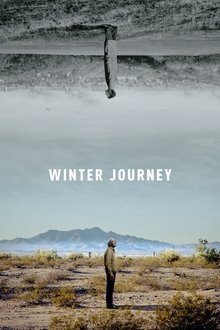
Winter Journey (2019)
Tucson, Arizona, September 1996. At the request of his son Martin, George Goldsmith tells him of his past in Nazi Germany as a member of a family of Jewish musicians and the strange history of the Jüdischer Kulturbund, a Jewish organization sponsored by Reichsminister Joseph Goebbels.
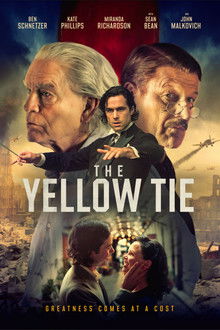
The Yellow Tie (2025)
The extraordinary life of Sergiu Celibidache, from his childhood in Romania to his exile in pursuit of a career in music, his struggle for survival in wartime Germany and his rise, fall and rise again, in an unimaginable life journey.
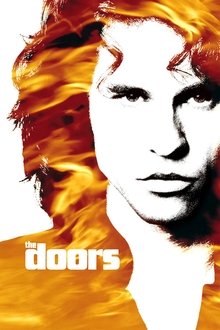
The Doors (1991)
The story of the famous and influential 1960s rock band and its lead singer and composer, Jim Morrison.

Farinelli (1994)
The life and career of Italian opera singer Farinelli, considered one of the greatest castrato singers of all time.
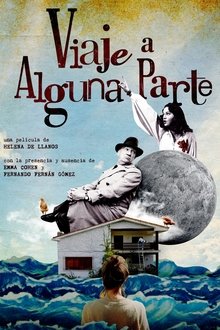
Journey to Somewhere (2021)
A young woman, who has inherited her grandparents' huge house, a fascinating place full of amazing objects, feels overwhelmed by the weight of memories and her new responsibilities. Fortunately, the former inhabitants of the house soon come to her aid. (An account of the life and work of Fernando Fernán Gómez [1921-2007] and his wife Emma Cohen [1946-2016], two singular artists and fundamental figures of contemporary Spanish culture.)
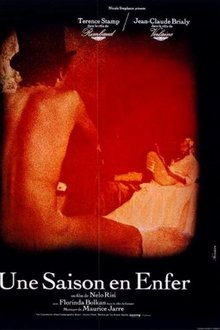
A Season in Hell (1971)
The tumultuous life of Arthur Rimbaud, the cursed poet, who completed his masterwork at the age of twenty, became an arms dealer and died at thirty-seven; and his passionate relationship with Paul Verlaine, full of wanderings, storms and falling out.
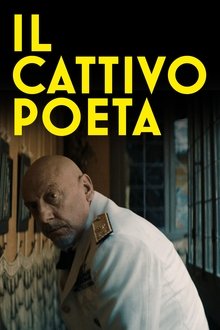
The Bad Poet (2021)
1936. Giovanni Comini, the youngest Federal in Fascist Italy, is summoned to Rome for a delicate mission: to surveil aging national poet Gabriele D'Annunzio, whose increasingly restless behavior Mussolini fears could damage his alliance with Nazi Germany. However, after spending time with D'Annunzio, Comini finds himself torn between loyalty to the Party and his fascination with the poet, who will put his burgeoning career at risk.

Lord of the Brush (2005)
"Lord of the Brush" details the artist John Howe's history and passion for J.R.R. Tolkien's works. John's story is brought to life with over 100 of his beautiful illustrations, which have had a major impact on the fans and readers of the world about how J.R.R. Tolkien's work is envisioned in images.
